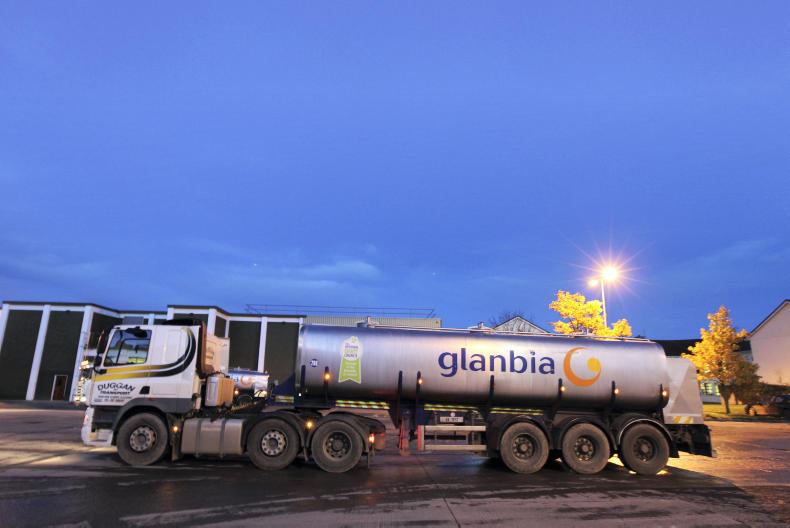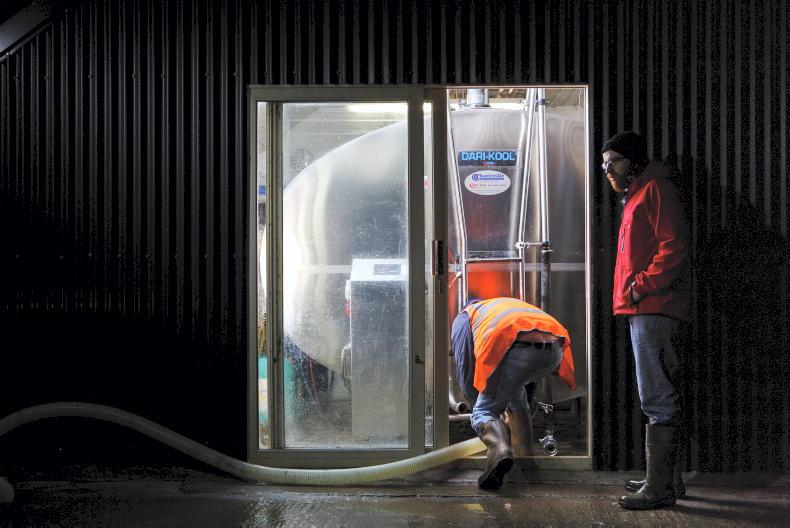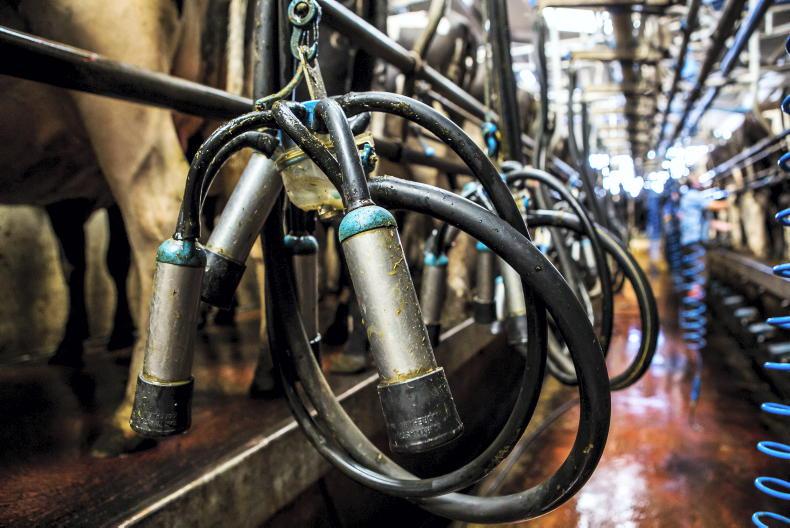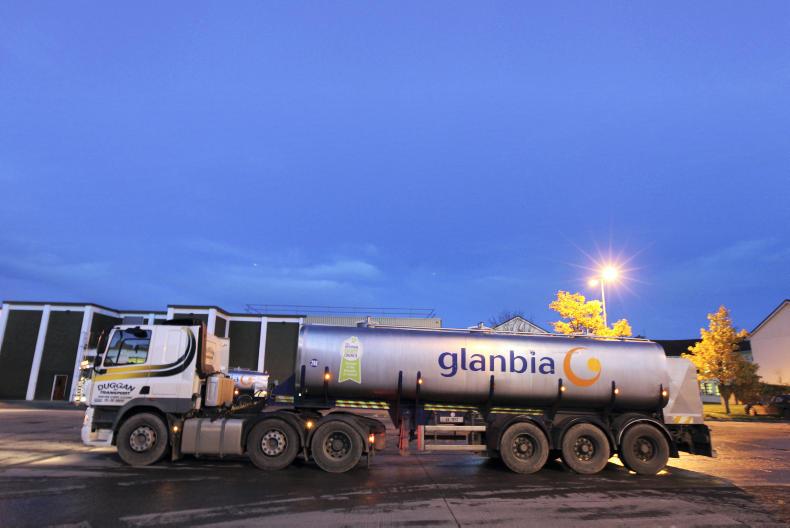Next Thursday (18 May), Glanbia shareholders will vote on the proposal to purchase 60% of the Irish agribusiness and consumer foods companies.
The price tag is €112m, which would be raised by the sale of 3% of Glanbia’s shareholding in the plc. This would also help create a support fund for Glanbia co-op shareholders. If successful, the two companies would join with Glanbia Ingredients Ireland (GII), the Irish dairy ingredients business (already a co-op plc joint venture) to form Glanbia Ireland.
The casual observer of all things Glanbia might think that this all sounds a little familiar. They would be correct.
Seven years ago this week, the co-ops members narrowly rejected a proposal to buy the Irish business out 100%.
Two things are fundamentally different since then.
Firstly, Glanbia has cleverly adjusted the voting rules. The bar has been lowered from a difficult-to-achieve 75% majority to a much more attainable 50% plus one vote. In 2010, the 4,000 farmers present came within 80 votes of clearing that higher bar. It’s ironic that in moving from Kildalton College to two racecources – firstly Gowran Park in 2012, when GII was made a joint venture, and again this week in Punchestown – the hurdles are lower.
Secondly, the cost is dramatically different. In 2010, Glanbia was to sell 34% of its majority shareholding to fund the deal. Glanbia’s growth means it will only require 3% of plc shares to complete this purchase. When added to the 4% it cost to buy 60% of GII, the Irish dairy processing business, back in 2012, it still represents much better value.
There has been a different vibe to regional meetings over the last fortnight to those to discuss previous proposals. There has been none of the rancour and little of the old distrust of everything said by board and management. There are pockets of opposition to the proposal, mainly centring on the wisdom of purchasing low-margin business and the dilution of plc influence. There have been noises around the need for shareholders to get behind agribusiness and support it, and counter noises that agribusiness could be more customer-friendly.
The worry is that complacency could lead to a low turn-out. There could be a silent opposition among dry shareholders, who mightn’t want to buy a low-margin business.
And I haven’t even mentioned the spin-out. There’s another 100m reasons to expect a yes vote.









SHARING OPTIONS